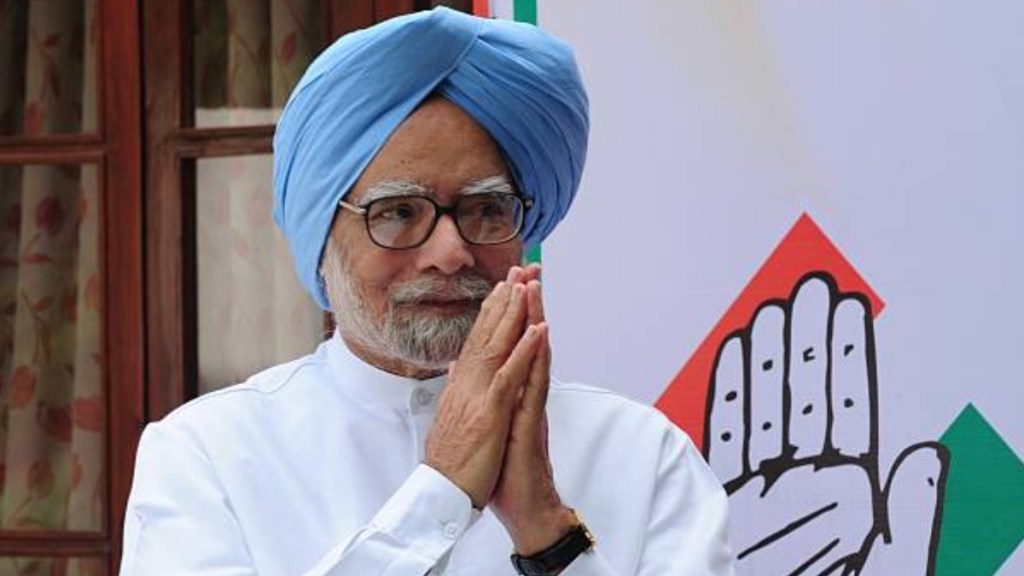Born in 1932, Dr. Singh displayed academic brilliance from an early age. He completed his Matriculation from Punjab University in 1948 and went on to earn a First-Class Honours degree in Economics from the University of Cambridge in 1957. He later pursued a D.Phil. in Economics at Nuffield College, Oxford, in 1962.
Dr. Singh’s scholarly work included his seminal book, India’s Export Trends and Prospects for Self-Sustained Growth (1964), which critiqued India’s inward-oriented trade policies. He also served on the faculty of Punjab University and the Delhi School of Economics, cementing his reputation as a leading academic. Additionally, he held a position at the UNCTAD Secretariat and later served as Secretary-General of the South Commission in Geneva from 1987 to 1990.
Architect of Economic liberalisation
Dr. Singh’s entry into Indian politics came at a critical juncture during the 1991 economic crisis. As Finance Minister in the government of Prime Minister P.V. Narasimha Rao, Singh introduced groundbreaking reforms that transformed India’s economy. His measures included devaluing the rupee, reducing import tariffs and encouraging private sector growth. These reforms ended a prolonged balance of payments crisis and set India on a path of sustained economic development.
Prime Ministerial tenure (2004–2014)
Dr. Singh became India’s 13th Prime Minister in 2004, succeeding Atal Bihari Vajpayee, after Sonia Gandhi renounced the post. His tenure was marked by political stability and significant policy achievements, including the landmark India-US Civil Nuclear Agreement, which bolstered India’s global standing.
On the domestic front, Singh’s government launched transformative social welfare programs, such as the Mahatma Gandhi National Rural Employment Guarantee Act (MGNREGA), which provided employment to millions in rural areas. Under his leadership, India maintained an average GDP growth rate of 8.5%, though his administration faced challenges toward the end, including corruption scandals like the 2G spectrum case and coal block allocations.
A technocrat in politics
Dr. Singh’s political career was distinguished by his technocratic background and pragmatic approach. Prior to becoming Prime Minister, he held key roles, including Governor of the Reserve Bank of India and Chairman of the Planning Commission. His tenure brought a sense of balance and inclusivity, particularly during volatile periods like the aftermath of the 2002 communal riots.
Despite challenges in his later years, Dr. Singh’s contributions to India’s economic and political landscape remain unparalleled. From ushering in reforms that reshaped India’s economic future to championing social welfare initiatives and strengthening international relations, his legacy endures as a testament to his vision, integrity, and leadership.
Dr. Manmohan Singh’s life exemplified the power of knowledge and dedication to public service, leaving an indelible mark on India and the world.


